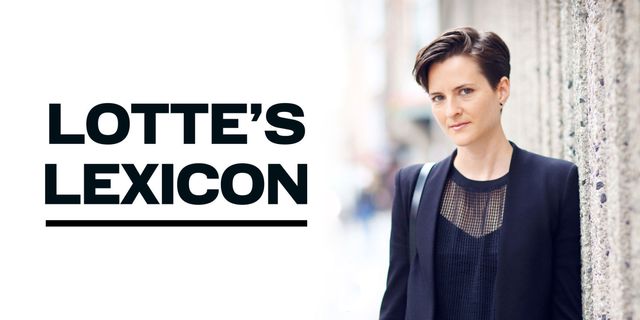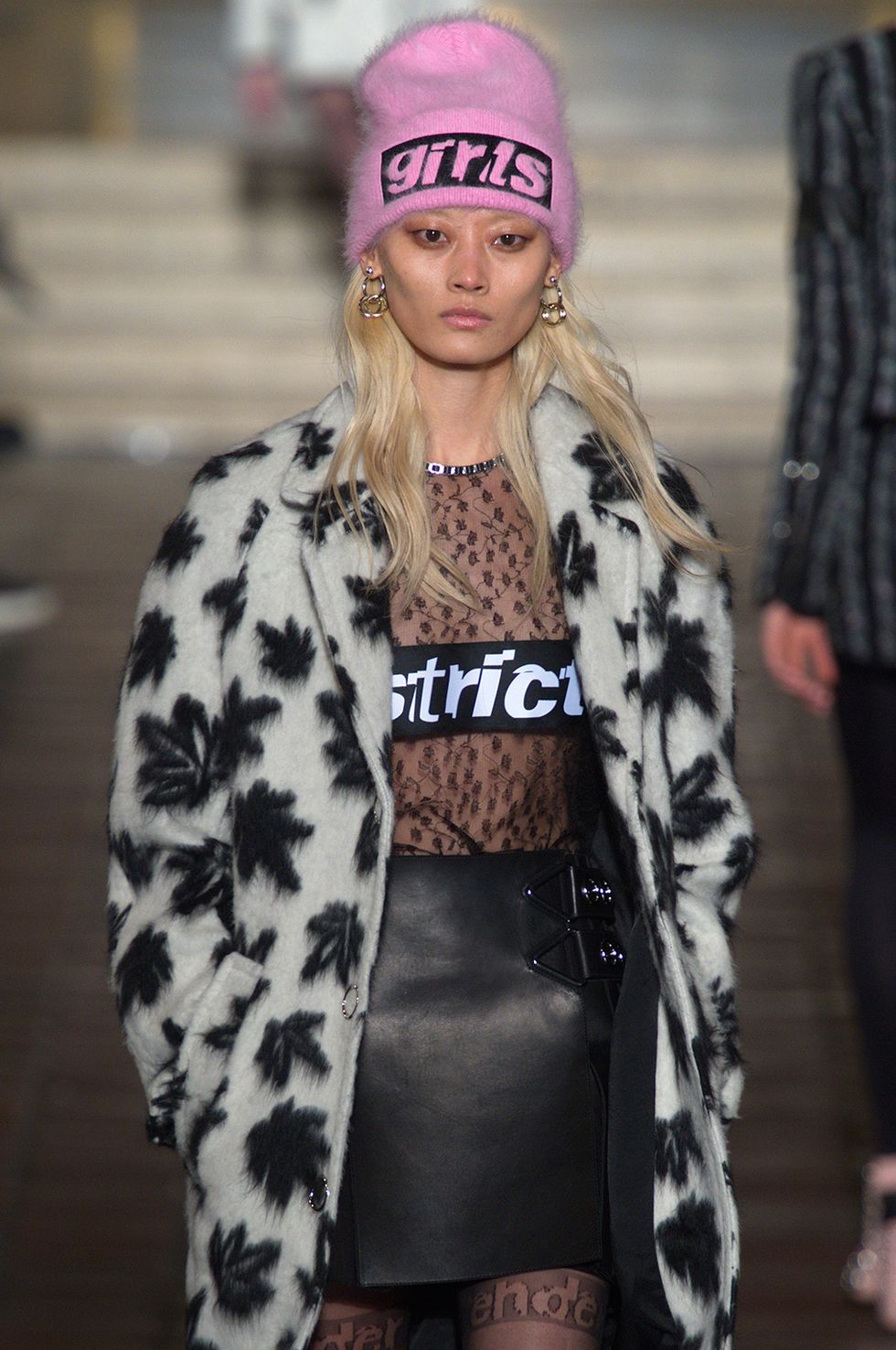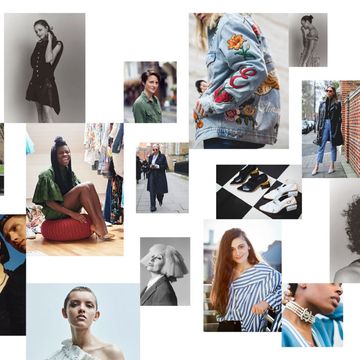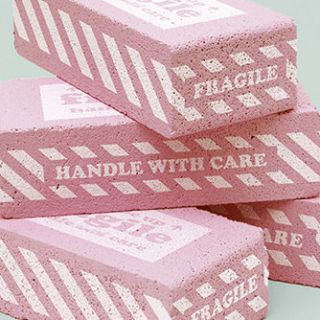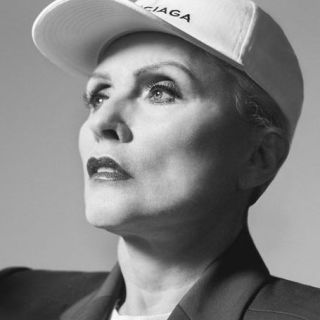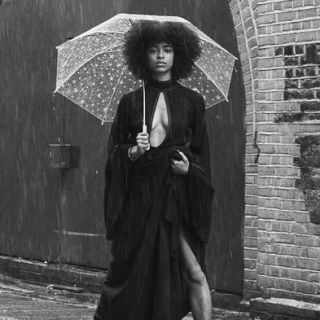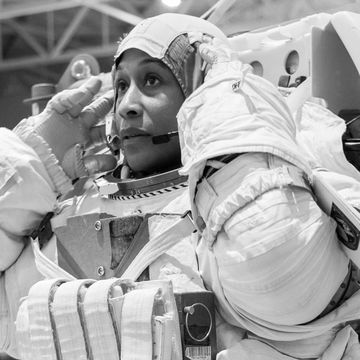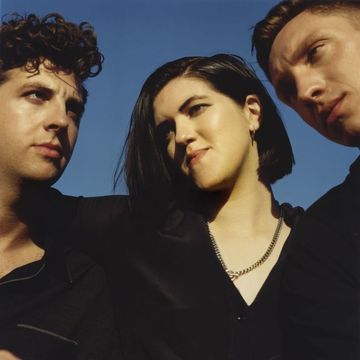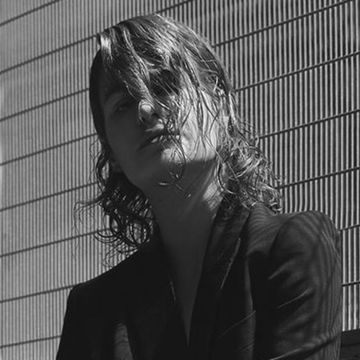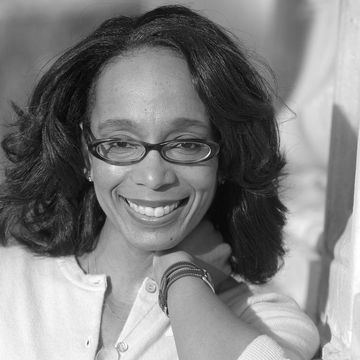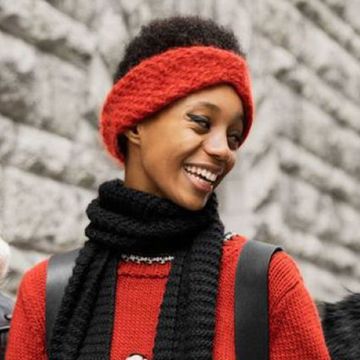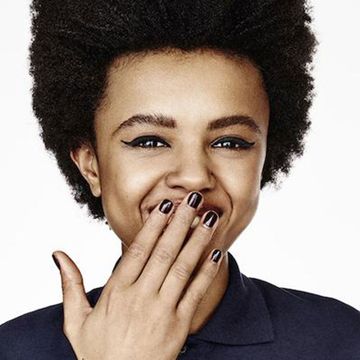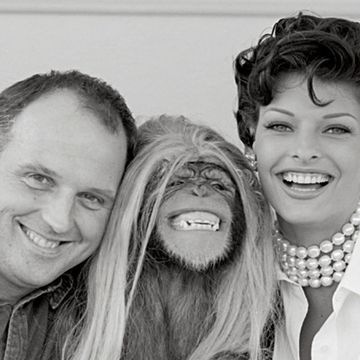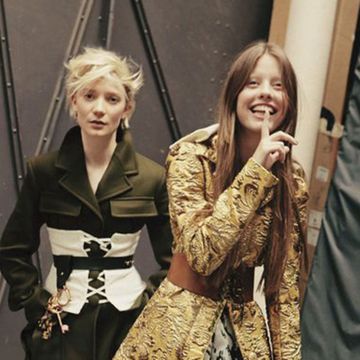Girl
Noun (informal): A woman of any age
When a waiter in Paris called me 'madame' recently, I almost choked on my croque monsieur. 'It's mademoiselle merci very much,' I muttered as he topped up my wine. 'How rude,' I thought. I must really look my age (I'm in my thirties and my French friends tell me if you appear to be over 25 you can expect to be 'madamed' as a mark of respect).
It's the difference, I suppose, between being seen as a woman or seen as a girl and in Paris, apparently, my normal thoughts on such matters don't apply. At work I'm often calling out people for referring to me and my colleagues as 'girls'.
It can come across as demeaning in the office; we are smart, powerful women if you don't mind. But here I am sipping rosé in Montmartre, wanting to be seen as an ingénue;
a girl like Jean Seberg in Breathless or Audrey Hepburn in Funny Face – pretty, light-hearted, carefree.
I don't think it's hypocritical of me exactly. I'd call it more 'flexible'. I am a woman at work, with family or when arguing with Uber drivers.
I'm a girl when flirting, or dancing, or riding pillion on a motorbike along country roads, clinging to a leather jacket in front, hair billowing out from under a helmet… OK, I'm getting carried away, but you see my point. Girls are fun and adventurous. Women are serious. But aren't we lucky we get to be both, and on our own terms?
It gets more difficult when someone is doing the defining for you. We're guilty of it in fashion. We use 'girl' all the time to describe people – well, models – who may actually prefer the W-word: she's a 'Gucci girl', a 'Prada girl', a 'new girl' or a 'big-name girl'. In this context the word 'woman' just sounds too weighty and solemn.
And despite my own bandying around of the word girl in this work/fashion context, if you send an email to the ELLE team addressed, 'Hey girls,' then unless you are Ryan Gosling I'll blacklist you forever.
The power of book titles such as Gone Girl, The Girl On The Train or Emma Cline's The Girls comes from the juxtaposition with their dark themes. There isn't supposed to be anything threatening about a girl – girls are 'silly' and 'little' but they're also 'insanely hot' or 'soo cool' – which means that (spoiler alert) when they attempt to fake their own murder to frame their husband, it's a real shocker.
Women, on the other hand, are more often 'scorned', 'widowed', 'divorced', the 'other woman', or the 'woman on the verge of a nervous breakdown'. They're not sexy. Babestation might feature 'girl-on-girl' action, but 'woman-on-woman' action? That's something you might watch on The Apprentice.
What about girl power and #ThisGirlCan and Run The World (Girls)? What do we mean by that word here? Because these slogans are supposed to talk to all females.
It's weird when you think that girls are also children, and there's not a more finite linguistic solution to stop us having to reappropriate the meaning as we get older. Men have lots of descriptive nouns to choose from: lads, chaps, guys, bros, dudes, mate… All of them hitting the right tone of grown-up yet light, inoffensive and pally.
Yes, it's great that we get to be both a girl and a woman when we want to be, but maybe we also need a new word that speaks to the space in-between. 'Wirl' seems to have a certain ring to it. I'm going to try and make it happen. But in the meantime, I think I speak for women, girls and wirls the world over when I say whatever you do, don't call us 'ladies'.
